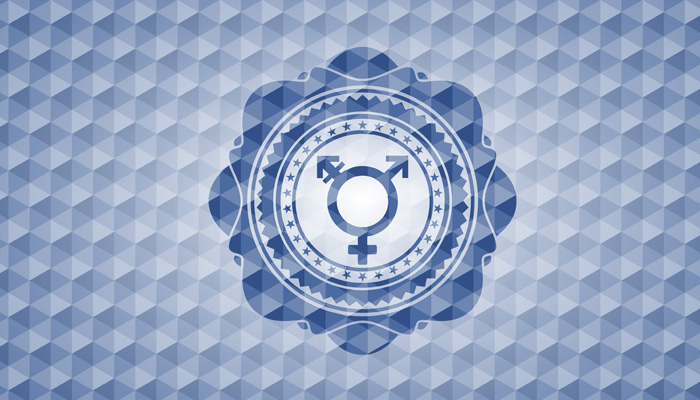Shutterstock
Across the globe, compelling people to use preferred pronouns for transgenders seems likely to head to the courts, which could lead to mandatory speech laws.
This could mean criminal penalties for not referring to transgenders by designated or preferred pronouns.

It seems like every week now, issues over how to address transgenders are rising and may be reaching a tipping point. A Virginia high school teacher has just been fired for refusing to use transgender pronouns, while proposed laws in Australia could force people to adhere to mandated rules for addressing others our face criminal penalties.
A teacher at a high school in West Virginia was fired last week after a hearing at the West Point school board, one that drew an overflow crowd. After a four-hour hearing, the Board unanimously voted to dismiss a 47-year-old French teacher named Peter Vlaming on the grounds of insubordination.
Vlaming refused to refer to ninth-grade student as a “he” after the student had transitioned to a male over the summer. Vlaming had made a slip up referring to the student as “her.”
But after discussing the incident with administrators, Vlaming allegedly made it clear that he would not use male pronouns when referring to the student, which resulted in his suspension and a referral for disciplinary action, eventually resulting in his dismissal.
Proposals for legislation to enforce reforms towards transgenders has been put forth by Tasmania’s Labor opposition and Green, and these may include a provision that forces people to refer to others by that person’s preferred pronouns.
A bill has already passed the lower house and now must pass the state’s 15-member upper house.
Critics are calling the proposals “compelled speech” and a slippery slope. They say using state power to enforce such forced speech laws is “completely unacceptable,” especially when it contradicts an individual’s deeply held beliefs.
Critics say they have no problem with a person asking to be addressed in a certain way, but absolutely feel the government has no place in forcing people on what they must say.
According to the proposed legislation, if such laws are passed, parents in Tasmania would be able to decide whether their child’s gender is recorded on birth certificates.
It also would enable people aged 16 or older to legally change their gender.